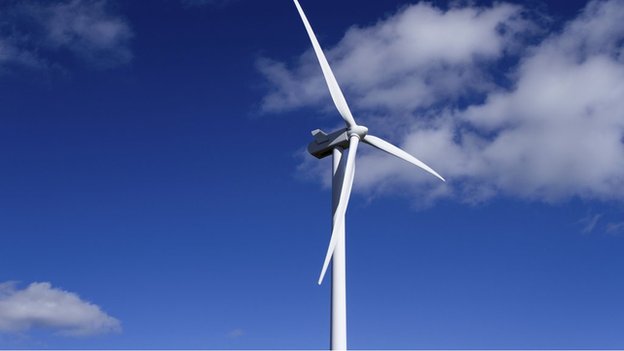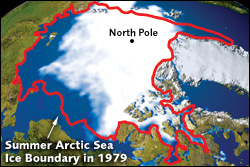Arizona is the definition of insanity
Arizona shares a rare and enviable place in the USA list of ‘states with highest insolation.’ Arizona is also a state with few water resources. These two facts combined make Arizona the perfect candidate state for solar PV energy generation. Arizona is also the perfect place for concentrated solar energy production. This idea as described in DeserTec’s outline will help the world to move away from oil and nuclear power.
So why has Arizona passing laws that discourage solar PV on houses?
Why has Arizona just passed a law that calls nuclear energy renewable?
The full article from Clean Technica is here. Re-posted below:
February 6th, 2015 by James Ayre
Who would ever consider nuclear power to be a “renewable” means of power generation?
Well, the Arizona Senate Committee on Water and Energy, for one — there might be someone else, but off the top of my head, I can’t think of any other person or entity….
The aforementioned bill that the Senate Committee on Water and Energy just passed (narrowly) is SB 1134 — a bill classifying “nuclear energy from sources fueled by uranium fuel rods that include 80% or more of recycled nuclear fuel, and natural thorium reactor resources under development” as renewable energy sources.
The approval is especially funny considering the fact that Arizona is fast approaching some serious water-sourcing issues, and nuclear power plants require huge quantities of water in order to function.
Someplace like coastal Texas or California, you could kind of understand (despite the other issues with nuclear — such as very long-lived, hard to clean up pollution), but Arizona? Right in the middle of a desert, and almost completely reliant on just a few small river systems and fossil groundwater laid down during the last ice age? Hmm…
Regardless of the water issues, though, how does one go about classifying nuclear power as a renewable energy source anyway?
This difficulty in conceptualizing nuclear power as a renewable power source was actually shared by many of the senators on the committee, though — which is why the bill passed by only one vote. One vote — that right there sums up one of the primary issues with democracy (to my eyes). All that it takes is a one-vote disparity to discount the opinions of the losing half of a near 50–50 split…
The senator behind the bill, Senator Steve Smith, didn’t really address these issues, having merely stated (while referencing “recycling” fuel rods): “Basically we just want to burn that energy twice.”
“Burn the energy twice” doesn’t sound to me like someone talking about a renewable energy resource. Perhaps that’s just me, though.
While the bill was passed by the committee, it still has to make its way through: the rules committee, the Senate, and the House of Representatives — which a similar bill last year was unable to do.
One last comment from the bill’s backer, Senator Smith, before ending this article: when asked about the differences between nuclear and renewables, he stated that when it comes to nuclear material, “we have so much that can be reused that it’s almost renewable.”
What? Do the bill’s supporters/backers really not have a better argument than that?
Image Credit: Public Domain











 Wind farms in Scotland saw a 20% rise in output last year
Wind farms in Scotland saw a 20% rise in output last year Solar PV panels contributed to a small rise in renewable heat figures
Solar PV panels contributed to a small rise in renewable heat figures